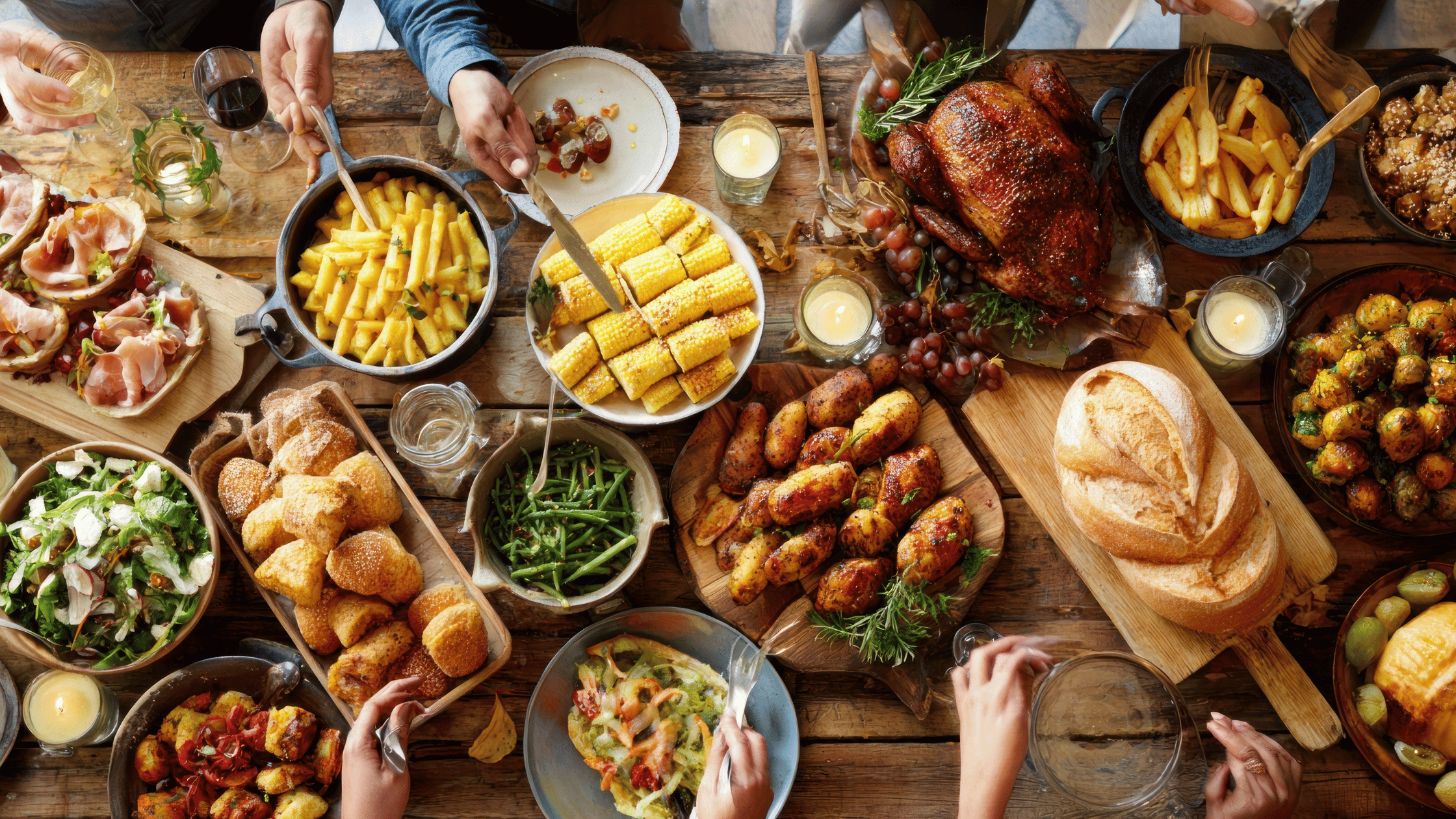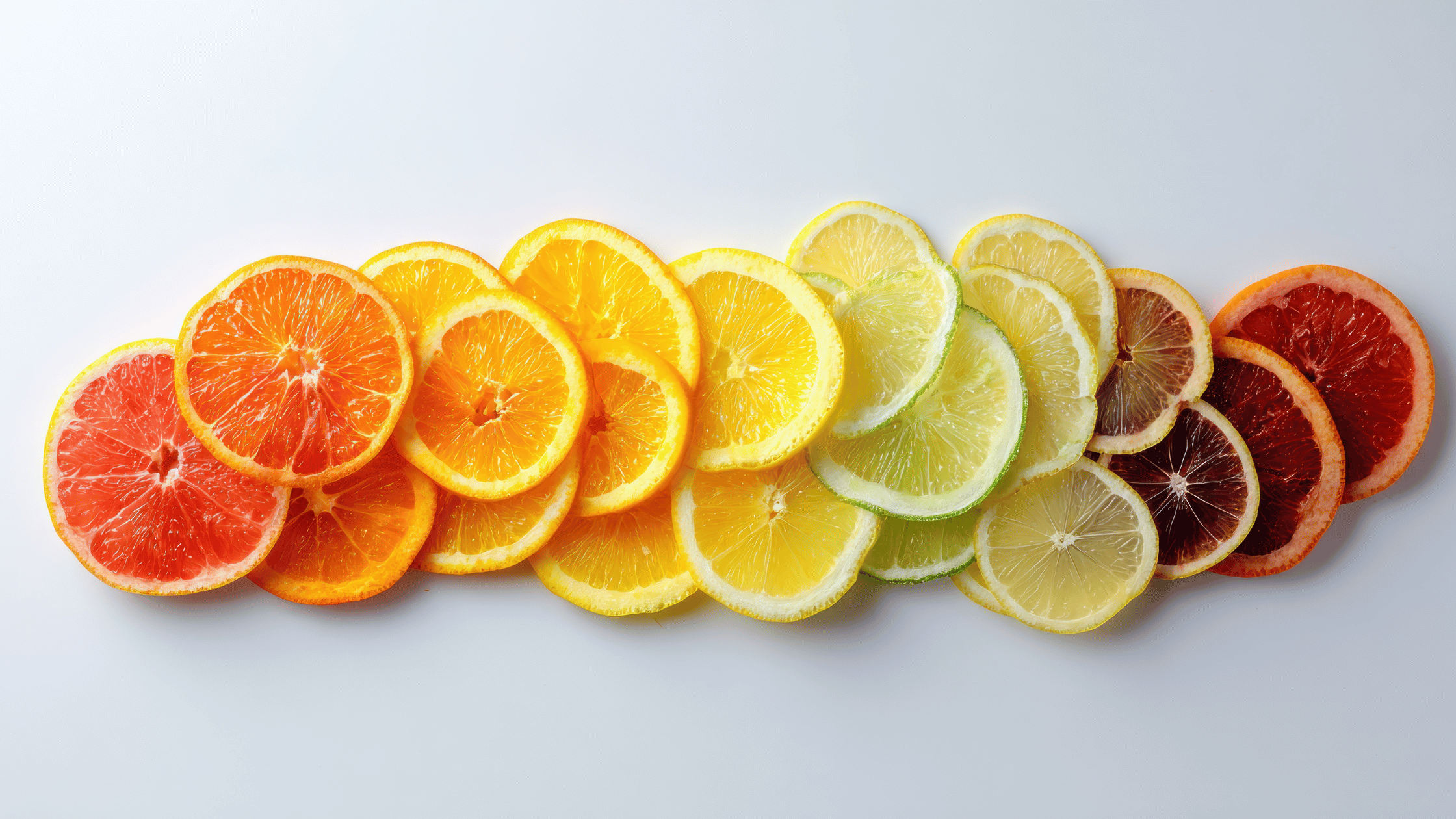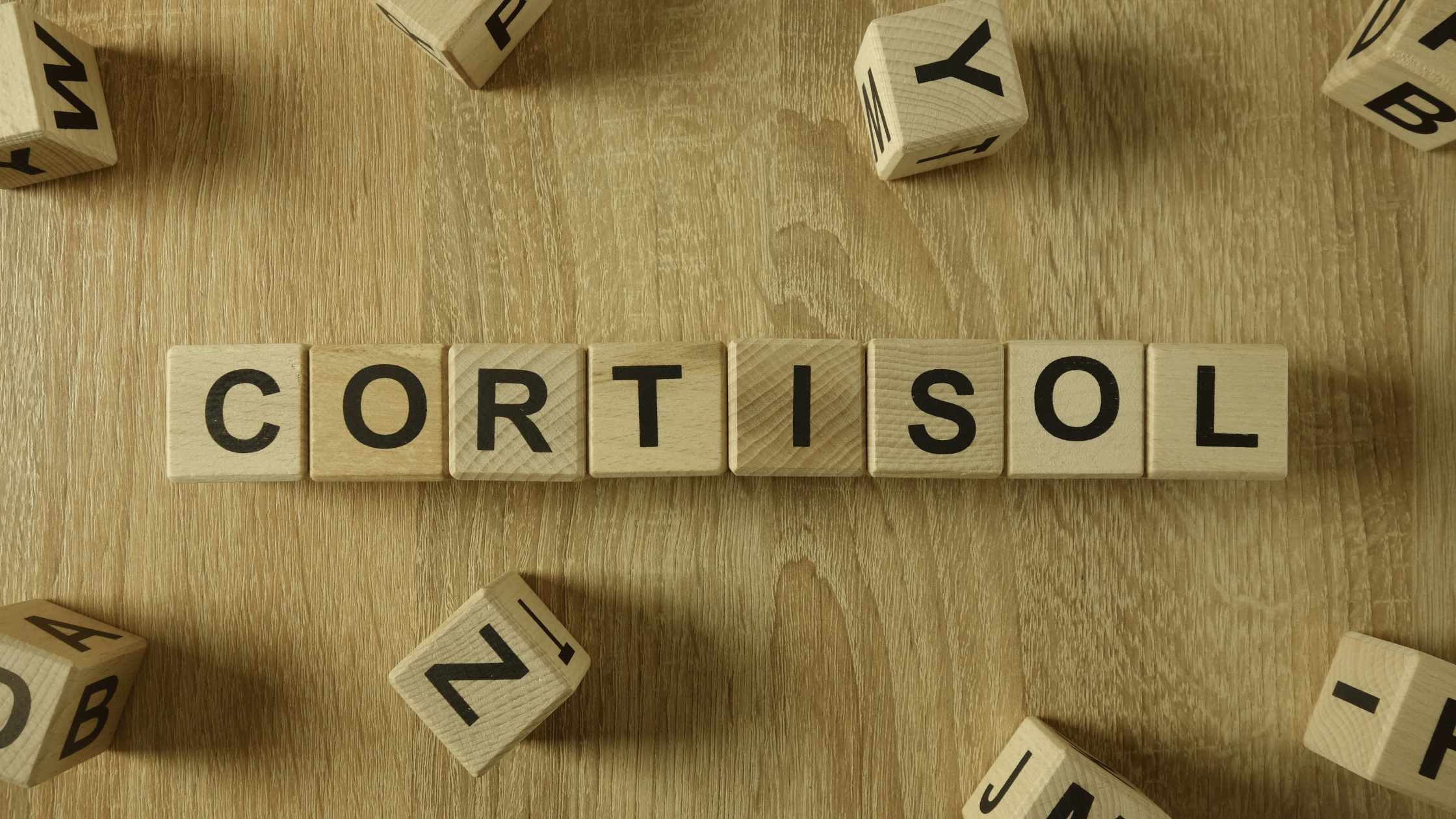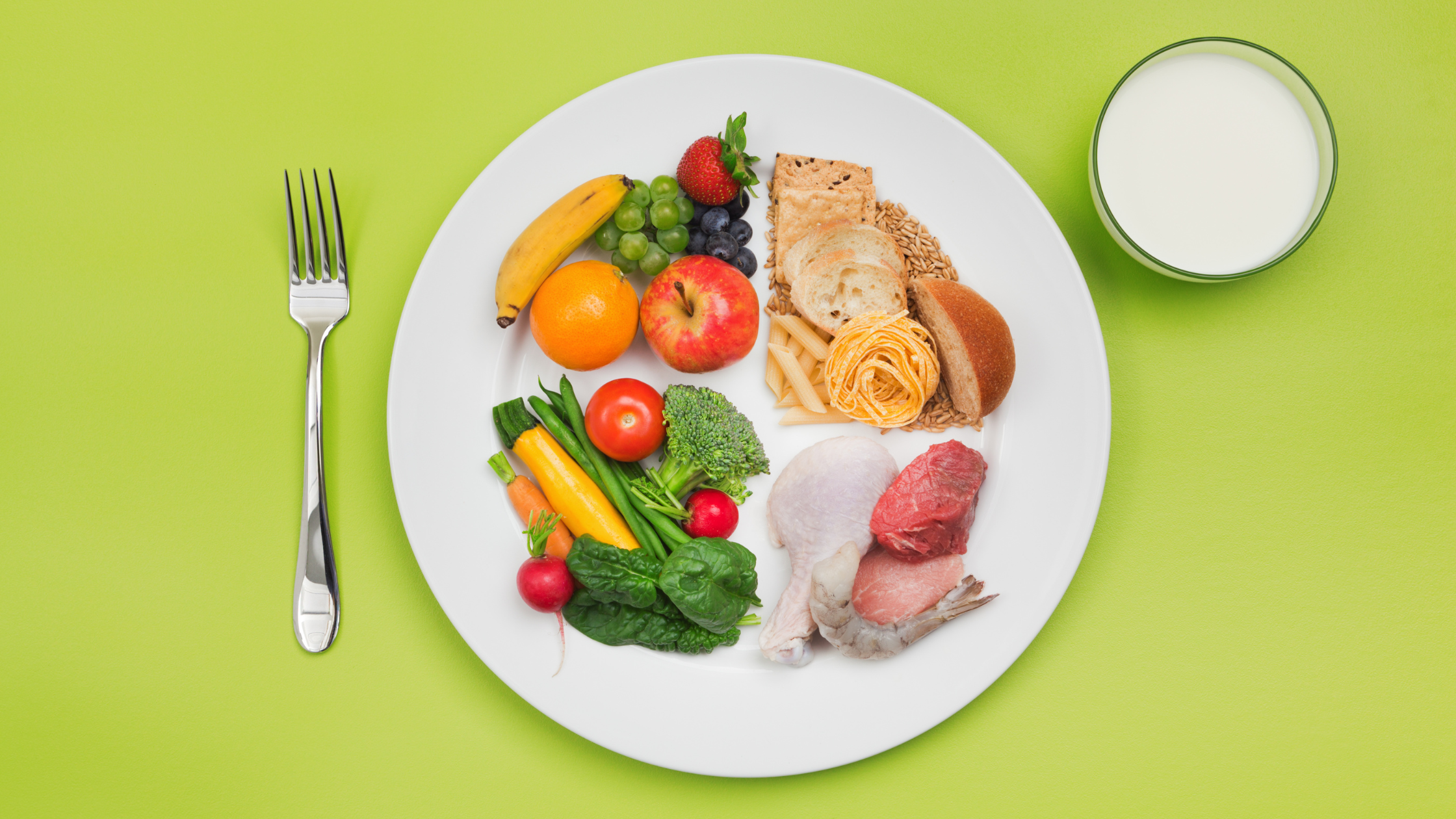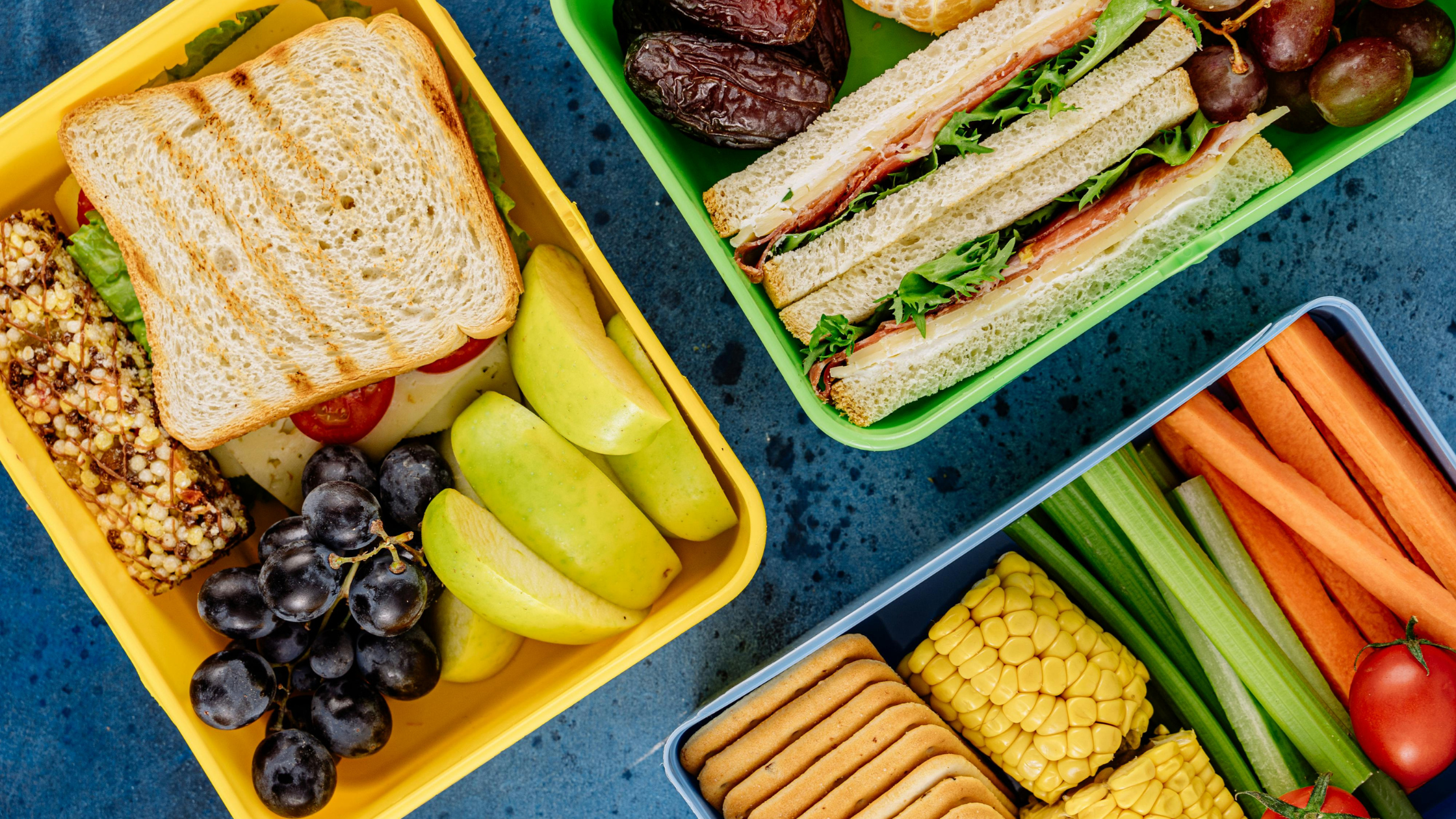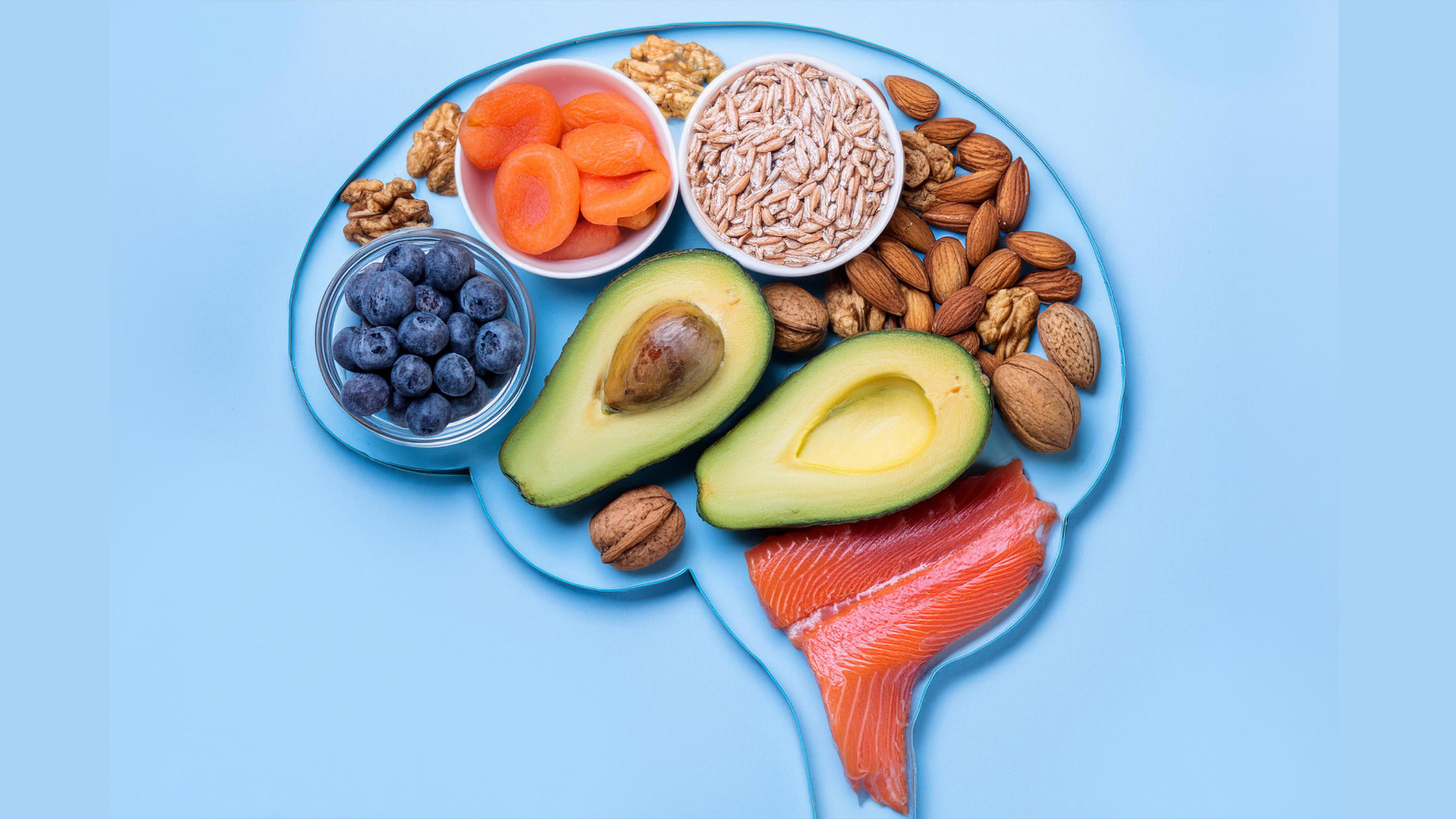Blog
Nutrition 101
Check out the resources below for delicious recipes, answers to common nutrition questions, and so much more!
What “Balanced Eating” Actually Looks Like (and Why It’s Not About Perfection)
Learn what balanced eating really means—beyond perfection or food rules. Discover flexible plate-building tips, mindset shifts, and gentle ways to include all foods without guilt.
Thyroid Health and Nutrition: Understanding the Link Between Hormones, Fatigue, and Metabolism
A research-based look at thyroid nutrition, fatigue, and metabolism—plus what the science really says about gluten, dairy, and supportive eating patterns.
Decision Fatigue and the ADHD Brain: How to Outsmart Mealtime Overwhelm
Struggle with mealtime indecision or skipped meals? Learn how decision fatigue affects the ADHD brain and practical dietitian-approved strategies to simplify eating and support focus.
Creating an Inclusive, Eating-Disorder-Informed Thanksgiving Table: A Guide for Hosts
Inclusive, weight-neutral guide for Thanksgiving hosts. Learn how to create a supportive, eating-disorder-informed table with flexible menus, gentle language, conversation prompts, and strategies to help every guest feel comfortable.
Understanding Acid Reflux & GERD: Common Food Triggers, Daily Habits, and What You Can Do to Feel Better
Learn how common foods, daily habits, and simple lifestyle changes can reduce acid reflux and GERD symptoms. An easy, approachable guide to feeling better.
Need Food Support? Here’s Where to Turn During the SNAP Crisis
If your SNAP benefits are delayed or reduced, help is available. Explore national and local nonprofit programs, food pantries, and free recipe resources to make meals more affordable.
Cortisol and Menopause: What You Need to Know
Cortisol shifts in menopause can affect mood, sleep, and weight. Explore evidence-based ways to support balance without extremes.
Intuitive Eating with ADHD: Finding Flexibility, Not Perfection
Living with ADHD? Intuitive eating can feel tricky—but it doesn’t have to. Learn how to adapt intuitive eating to fit your brain and support your nutrition.
Recovery Reads & Listens: A Curated Guide for Eating Disorders
Practical and inspiring recovery resources—books, blogs, and podcasts that provide guidance, compassion, and connection for eating disorder healing.
Breast Cancer & Nutrition: Finding a Flexible, Supportive Approach
A breast cancer diagnosis brings food questions. Here’s what research says about nutrition, weight, and healing—in a flexible, realistic way.
Macronutrients Explained: How Carbs, Protein, Fat & Fiber Help Your Body Thrive
Carbs, protein, fat, and fiber are essential for energy, digestion, and hormones. Learn how macronutrients work with your body—rooted in research and balance.
Step Away from the Protein Powder: Muscle & Balance in Menopause
Protein gets a lot of hype—but it’s not the only nutrient that matters in midlife. Learn how protein, movement, and balance support women’s muscle and bone health in perimenopause and menopause.
Simplify School Lunches: Dietitian-Approved Systems for Busy Families
Struggle with school morning chaos? Learn dietitian-approved lunch-packing systems that support executive function, reduce stress, and make meal prep easier for neurodivergent students and parents.
10 Gentle Reminders to Support Eating Disorder Recovery
Gentle affirmations to quiet the ED voice and stay nourished. Discover how consistent nourishment protects mental health, lowers stress, and supports long-term recovery with an all-foods-fit approach.
Gut–Brain Axis 101: How to Calm Stress in Your Gut
Stress doesn’t just live in your head—it shows up in your gut, too. In this post we explore the gut–brain connection and share simple, practical strategies like mindful eating, stress management, and sleep habits to help calm digestion and support overall well-being.
Back-to-School Meal Prep: 8 Recipes and Shortcuts That Save Time
Back-to-school nights are busy, but dinner doesn’t have to be stressful. Discover 8 easy recipes and dietitian-approved meal prep shortcuts to save time, cut stress, and keep weeknight meals balanced and family-friendly.
10 Easy High-Protein, High-Fiber Breakfasts for Hormonal and Neurodivergent Health
Support focus, digestion, and energy with simple, whole-food breakfasts that nourish both your nervous system and hormone health. These high-protein, high-fiber ideas are sensory-friendly, low-effort, and designed for real-life mornings—no perfection required.
PCOS and Nutrition: Evidence-Based Strategies That Support Hormonal Health
Struggling with PCOS symptoms? Learn how to nourish your body using inclusive, science-based strategies. No restrictive diets—just balanced, sustainable support.
What to Do When You Hit a Plateau with Nutrition Goals (Without Falling Into the All-or-Nothing Trap)
Noticing a slowdown in your nutrition progress? Here’s how to reframe a plateau as a signal—not a setback—discover how to navigate them without slipping into perfectionism, restriction, or self-blame.
Low-FODMAP Isn’t Forever: What to Know About Phases, Reintroduction, and When to Move On
Struggling with bloating or IBS symptoms? Learn how the Low-FODMAP diet works, when to reintroduce foods, and why staying on it too long may backfire. Discover the 3 key phases and signs it’s time to move on—all with guidance from a gut health dietitian.
Chat with us
Not sure where to start? Schedule a discovery call and we can help.




